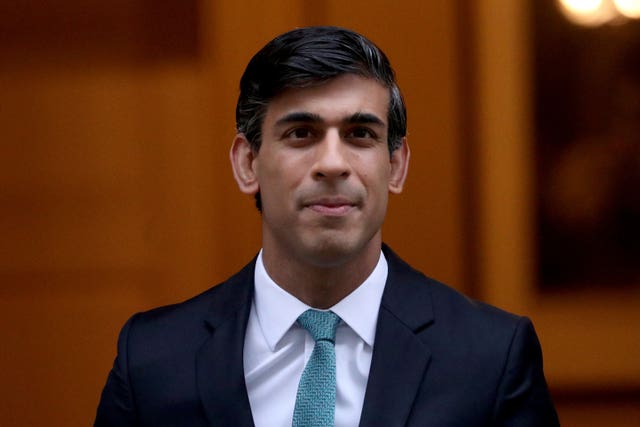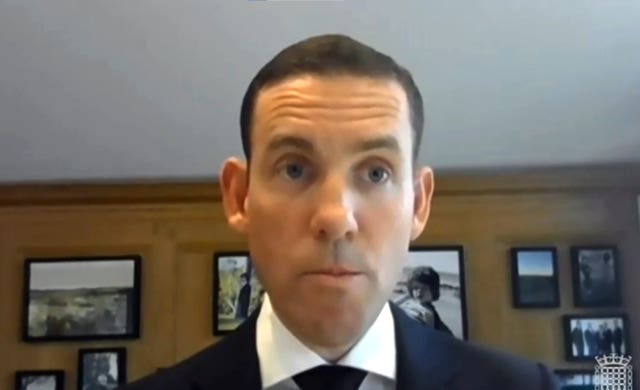David Cameron has said he had a “big economic investment” in Greensill Capital but insisted that did not motivate his intense lobbying of the Government for the collapsed firm.
The Conservative former prime minister said it was a “panful day” for him on Thursday as he gave evidence to MPs over his controversial lobbying of senior figures including Chancellor Rishi Sunak.
Mr Cameron placed calls and sent dozens of texts and emails to ministers and senior officials as he appealed for their help in gaining access for Greensill to Government Covid support programmes.

Appearing before the Commons Treasury Committee, he insisted there was “absolutely no wrongdoing” in his actions and defended his lobbying efforts, but accepted that former prime ministers “need to think differently and act differently”.
Mr Cameron confirmed he was a “regular” attendee of board meetings at the financial firm headed by Lex Greensill but said there was “certainly no sense of jeopardy” over the firm’s future as the coronavirus pandemic struck.
He refused to tell the MPs how much he stood to gain from his involvement with Greensill, saying only that he had a “big economic investment”. He said:
I was paid an annual amount, a generous annual amount, far more than what I earned as prime minister, and I had shares – not share options but shares in the business – which vested over the period of time of my contract,

I had a big economic investment in the future of Greensill, so I wanted the business to succeed, I wanted it to grow.
The fact that I have this economic interest… that’s important, but I don’t think the amount is particularly germane to answering those questions, and as far as I’m concerned it’s a private matter.
He insisted that suggestions he was to make £60 million was a “completely absurd figure”. Cameron added:
The motivation for contacting the Government was that I thought we had a really good idea for how to help extending credit to thousands of businesses,
Committee chairman Mel Stride questioned the “potential motivation” for the lobbying, saying there is a difference when “there is a large amount of money riding on this business succeeding”.
Cameron said:
I wanted this business to succeed – I was being paid, I had shares, I had an interest in it, and I think that’s important for the committee to know.











